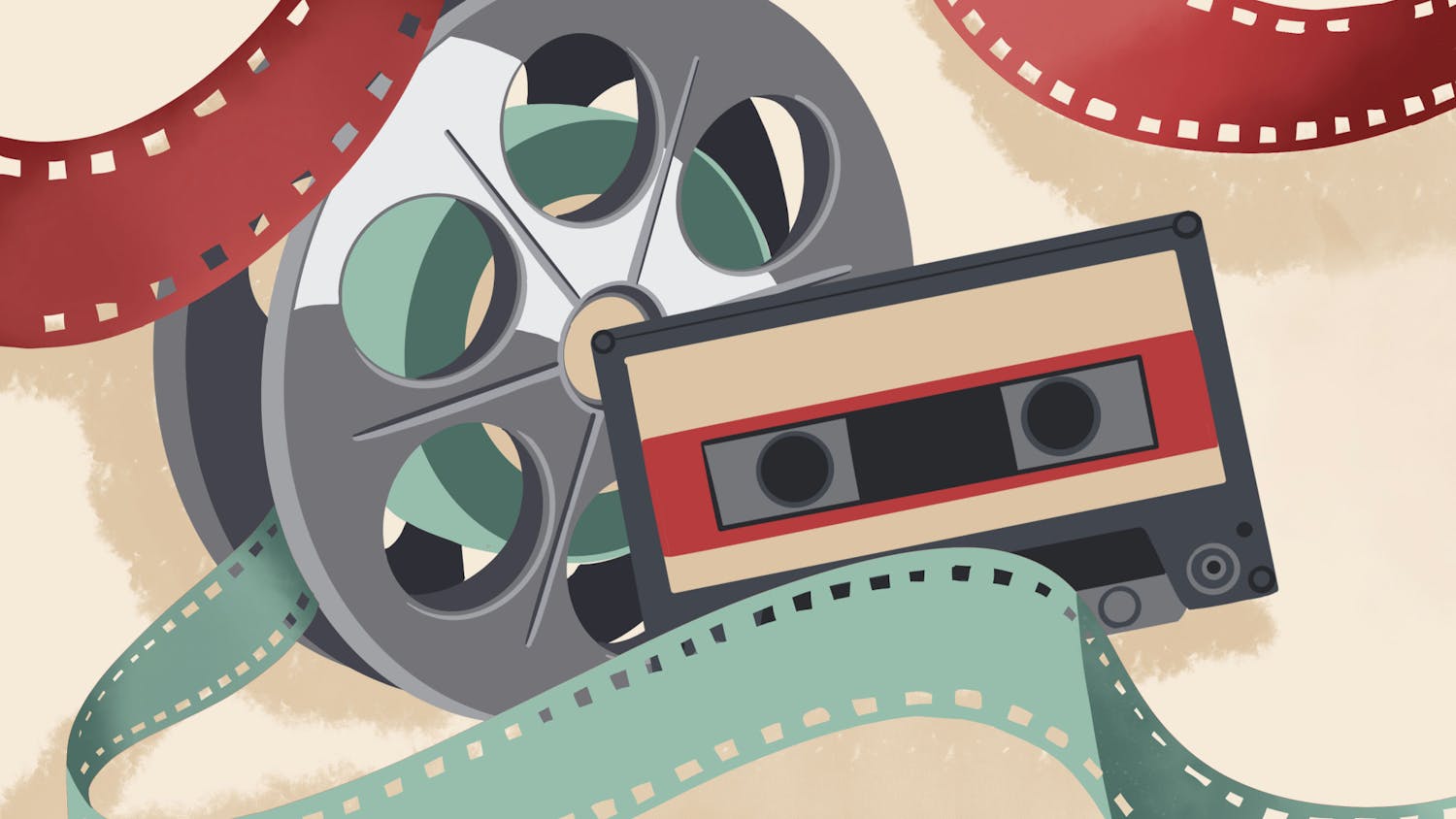Over the years, Roald Dahl's books and stories have proven to be a treasure-trove of source material for Hollywood executives looking to score the latest, greatest family hit. Filled with eccentricities and whimsy, they are edgy and entertaining, while retaining a positive message. In other words, they are perfect for cross-generational appeal.
This time, movie executives tapped Tim Burton, who shares with Dahl a taste for perverse lunacy and the charmingly peculiar, to adapt the writer's most enduring work, "Charlie and the Chocolate Factory."
The results are quite expectedly delightful. Burton, after misfires like "Big Fish" and "Planet of the Apes," is back in high form, producing a superior family film which is at least on par with the 1971 adaptation starring Gene Wilder.
The basic story is familiar to just about everyone. Willy Wonka, a mysterious and reclusive "chocolateer" has decided to open up his factory once again after 15 years. He has hidden five golden tickets in the millions of candy bars he produces for five lucky winners who will get a personal tour of the world's largest chocolate factory from Willy Wonka himself. One of the five winners will also receive a special prize "beyond his wildest imagination."
The five lucky youngsters include Augustus Gloop, a half-pig, half-boy with a charming German accent; Violet Beauregarde, a world-champion gum-chewer with a vicious competitive streak; Veruca Salt, a spoiled rich girl with multiple ponies; Mike Teavee, a rude know-it-all who cheated his way in; and of course, poor Charlie Bucket who lives in a tilted house, but who sees the world straight. As the tour commences, each of the misbehaving children is tripped up by their own indulgences in weird, amusing ways.
Mel Stuart's 1971 film, "Willy Wonka and the Chocolate Factory," with Gene Wilder as the eccentric chocolateer, is a much-beloved feature, recognized as a classic in some circles. Tim Burton's interpretation, while being more faithful to the source material, does not attempt to outdo the earlier film. Instead, it exists independently and gives us a different view of Wonka's world.
Burton's film is an example of CGI re-creation making things better. Due to the advances in film technology, we gain a true sense of the factory's dimensions: its internal transports, the flowing chocolate river, its big rooms with small doors and the gravity-defying glass elevator. It would not be a stretch to say that Dahl's world could be re-imagined once again in another 30 or 40 years with the latest cutting-edge film technology -- virtual reality, perhaps? -- and still be exciting and entertaining.
The film is not a musical, but there is quite a bit of singing and dancing -- all by the Oompa Loompas, the short creatures who run Wonka's factory. The songs are catchy and colorful, though brief. The dangers of over-indulgence are exemplified in each song after the badly-behaving children, not heeding the advice of Wonka, find themselves cruelly punished for their selfishness.
A lot of the wit in the dialogue and the songs will go over the heads of young children, although cinematically proficient adults should be pleased (watch for the cleverly done allusion to "2001: A Space Odyssey" in one of the sequences).
Longtime Burton collaborator Johnny Depp plays Willy Wonka in his own unique style. Depp has described his performance "as part Howard Hughes reclusive, part '70's glamorous rock star," but the film has him as an unsettling combination of Michael Jackson's mannerisms and Liza Minnelli's fashion sense. While the strength of the 1971 film was Gene Wilder's charming and lovable portrayal of Willy Wonka, that role is precisely this film's weakness.
Depp isn't necessarily bad in the role; he is simply out of place. His eccentricity dominates the screen so much that we are distracted from the sights and wonders of Wonka's factory and the amusing interactions between the children. While Wilder's Wonka was a guide to the wonders of his creation, Depp's character is the main attraction, with the whimsical world as a supporting cast.
Freddie Highmore -- who starred with Depp in last year's Oscar-nominated drama "Finding Neverland" -- is effective and likable as Charlie Bucket. Paradoxically, the 1971 film that had Willy Wonka in the title contained more screen-time for Charlie Bucket than this new adaptation, which correctly adapts its title from the book. Although it claims to be more faithful to the source, Burton's film has Wonka at the center of every frame, going so far as to even add a back-story to explain his troubled childhood and fascinations with candy. Poor Charlie gets lost in the shuffle.
Irish actor David Kelly is amiable as Grandpa Joe, Charlie's companion and onetime employee of Willy Wonka. Helena Bonham Carter, another Burton regular, is adequate as Charlie's mother, a role that requires little of her. There is also a cameo by Christopher Lee as Wonka's father.
Tim Burton's career has been all about visual splendor. Weak narratives, thinly drawn-out characters and lacking screenplays have plagued many of his works. He may not be a great story-teller, but he may very well be the directorial equivalent of Willy Wonka, whose imaginative confections are matched by Tim Burton's visual inventiveness. Burton is perfectly suited for the material and, unlike his previous features, no one can fault him for overindulging on the set design or directing superficial characters, since that is precisely the point here.
"Charlie and the Chocolate Factory" is not a "golden ticket," but it succeeds often enough to make it well worth the price of admission.



